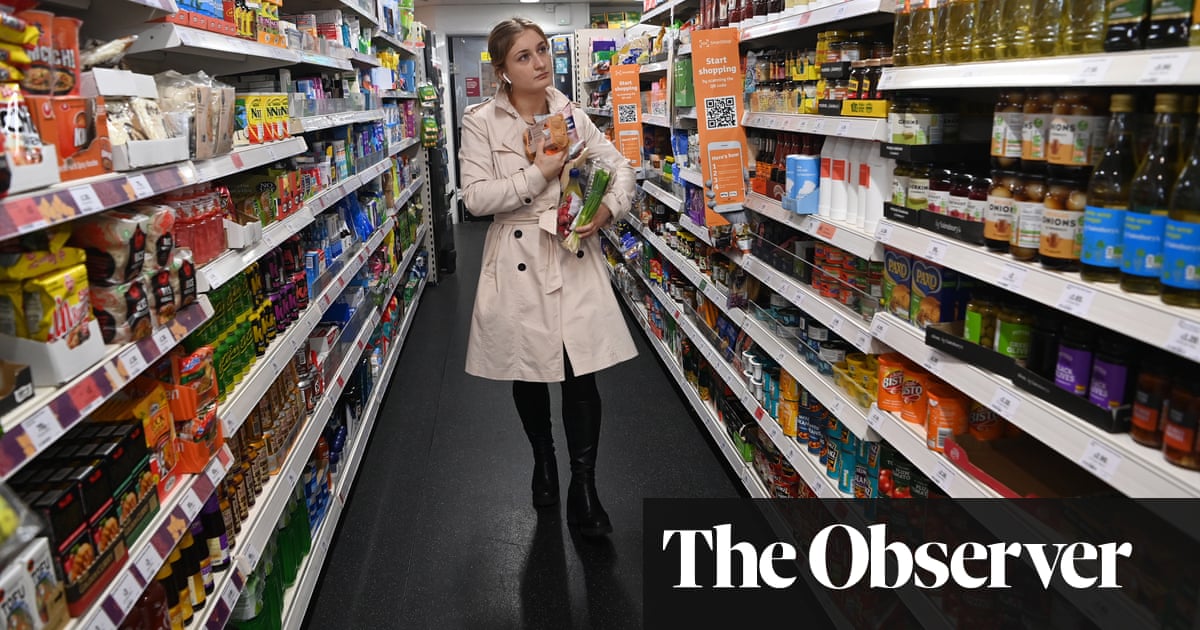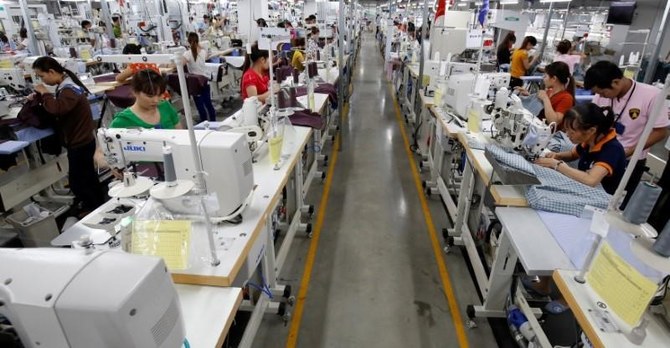
t speaks to the privations of the past year that Boohoo has a tab on its website called “plans”, where shoppers can filter its vampy outfits based on their suitability for a “picnic”, “beer garden” or even better, “21 June”, a red-letter day when it hopes the country will say: “See ya, lockdown.”
With social lives on hold for more than 12 months, there has been little call for the party dresses sold under its Boohoo and PrettyLittleThing (PLT) labels, sometimes for as little as a fiver. But that has not stopped sales at the Manchester-based group powering ahead as it quickly switched to selling joggers and hoodies emblazoned with slogans such as “staycation”, for lounging around at home.
On Wednesday, its chief executive, John Lyttle, is expected to report a near-40% jump in annual sales to £1.7bn, after the web-only group became one of the beneficiaries of the huge growth in online shopping seen over the past year. Profits are expected to be up by more than a third at £147m in the year to the end of February. Current trading will also have been boosted by resurgent demand for going-out clothes as the nation enjoys new freedoms.
But while shoppers remain enthusiastic buyers of Boohoo’s inexpensive clothing, investors are more circumspect about its shares after revelations last summer linked it to factories with poor working conditions here and overseas.
The share price, which touched 415p in June 2020, almost halved in the wake of the scandal, with Aberdeen Standard Investments, one of its biggest shareholders, dumping most of its stake and bemoaning Boohoo’s inadequate response.
Fast-forward nine months and the company is jumping through hoops to show the world it has changed. The retired judge Sir Brian Leveson is overseeing an overhaul of its supply chain and work done so far has included severing ties with hundreds of companies and a ban on subcontracting by its main suppliers.
Mahmud Kamani, Boohoo’s chairman, also recently told MPs on the environmental audit committee, who have been highly critical of the company, that the board was considering linking management bonuses to progress made on improvements to its environmental, social and governance credentials.
How Boohoo behaves matters more than ever now that it has hoovered up struggling high street names including, most recently, the Debenhams brands; with a market value of £4.2bn, Boohoo is already worth £1bn more than Marks & Spencer. Lyttle is expected to elaborate on the company’s plans for the Debenhams website, which it has quietly relaunched, having vowed to make it the UK’s biggest online marketplace for fashion, beauty, sport and homewares.
Boohoo also acquired Dorothy Perkins, Wallis and Burton from the wreckage of Sir Philip Green’s Arcadia. A recent deal struck for a new warehouse in Daventry, Northamptonshire, signals the scale of its ambitions. The site will eventually give the group the firepower to handle annual sales of £4bn, more than double the current level.
Today its shares are back at 337p but despite the positive financial performance, many investors are reluctant to get involved until they are sure there are no skeletons left in the closet. So while Boohoo, like other fashion chains, stands to benefit from the return of socialising and the resurgent demand for party dresses, shirts and jeans, it has more to do than just make the right calls on this season’s trends.
Analysts at the investment bank Berenberg predict Boohoo will be a beneficiary of the easing of lockdown measures: its largest brands, Boohoo and PLT, have historically enjoyed strong sales of going-out clobber. However its actions on social and environmental matters will be key to the shares’ performance, they say. “While coming from a low base, on the balance of what we have seen so far, we are encouraged by the progress Boohoo is making.”












